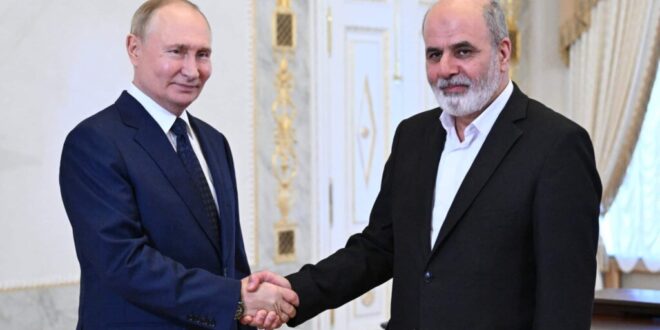Latest Developments
The Secretary of Iran’s Supreme National Security Council, Ali Akbar Ahmadian, called for the BRICS bloc of states (named after original founders Brazil, Russia, India, China, and South Africa) to establish their own security structure during a speech to a gathering of high-level security officials in Russia on September 11. “My concrete proposal is to create a BRICS-specific security structure to counter common threats, such as terrorism, extremism, drug trafficking, illegal biological activities, human trafficking and the abuse of emerging technologies such as artificial intelligence and satellite systems, as well as to also create joint mechanisms to ensure maritime insecurity and tackle cyber-threats,” Ahmadian said. BRICS touts itself as an alternative to perceived Western-dominated institutions such as the World Bank and the International Monetary Fund. The bloc expanded to include Iran, the UAE, Ethiopia, and Egypt at the start of the year and has invited Saudi Arabia to join.
Expert Analysis
“Iran’s deepening political and military ties with Russia and ongoing economic ties with China make Tehran a partner and co-conspirator in a new revisionist Axis against American power and the world it created. Through enmeshment with Russia and China, the Islamic Republic aims to magnify not just its hard power but also its revolutionary and anti-Israel messaging.” — Behnam Ben Taleblu, FDD Senior Fellow
“During the Cold War, Russia used the Non-Aligned Movement as a platform to undermine the West. Today, BRICS has a similar role — providing a platform for countries that support the multipolar world and want to end the U.S.-led unipolar system. That’s precisely what connects Moscow and Tehran: their mutual enemy, the United States. It is past time for Western leaders to stop treating BRICS as an organization that focuses on economic cooperation. It is a political organization with international security objectives that pose a serious risk to the West.” — Ivana Stradner, FDD Research Fellow
Ahmadian Meets Putin and Shoigu
The BRICS security officials held their meeting in St. Petersburg to lay the groundwork for a larger BRICS summit that convenes in October in the Russian city of Kazan. Ahmadian met with Russian President Vladimir Putin and National Security Council Secretary Sergei Shoigu during his visit to discuss the growing strategic cooperation between Russia and Iran. According to Russia’s state-controlled TASS News Agency, Putin told Ahmadian that he is expecting new Iranian President Masoud Pezeshkian to visit Russia, where they “will sign a new large transnational treaty designated to bring Russian-Iranian relations to the level of strategic partnership.” The meeting coincided with the reported arrival of a Russian ship in the port city of Astrakhan transporting ballistic missiles from Iran.
China Joins Iran in Calling for Gaza Ceasefire
Ahmadian also met with China’s top diplomat, Wang Yi, on the sidelines of the meeting, where they discussed the conflict in Gaza. According to a readout from the Chinese Foreign Ministry, Wang and Ahmadian called for a “full withdrawal” of Israeli troops from Gaza and for “Palestinian sovereignty and self-governance,” according to the South China Morning Post. The war was triggered by the bloody rampage in southern Israel on October 7 by Hamas terrorists backed by Iran and has expanded to include the participation of other Iranian-backed terrorist proxies, including Hezbollah in Lebanon, the Houthis in Yemen, Iranian-armed West Bank terrorist groups, Iran-backed proxies in Iraq and Syria, and Iran itself, which launched a massive drone and missile attack on Israel in April. Wang also reaffirmed China’s support for Iran, which has threatened to attack Israel again following the assassination of Hamas leader Ismail Haniyeh in Tehran at the end of July.
 Eurasia Press & News
Eurasia Press & News



